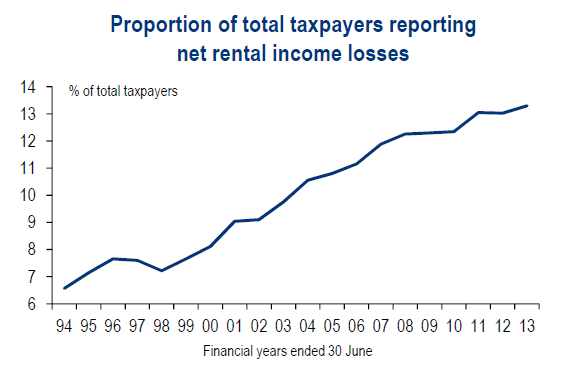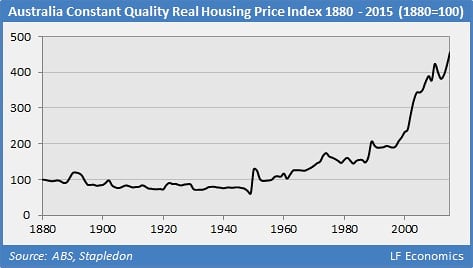I still prefer indexation since it is much fairer for both sides. A flat discount can be unfair.
I agree, but it's also a lot more complex. People complain about the complexity of the tax system all the time, and in a vast majority of cases, the system is complex for a reason - and that's to make it fairer.
If you want to make tax simple, it's almost inevitable that you're going to open up some big loopholes.






